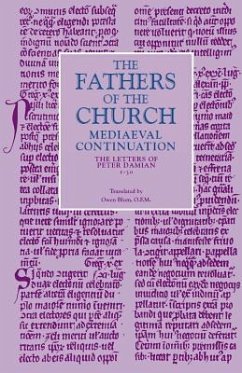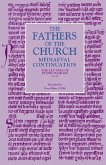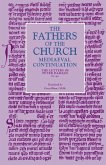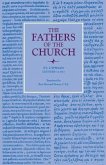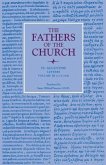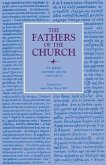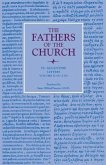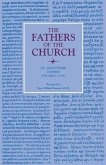Peter Damian (1007-1072), an eleventh-century monk and man of letters, left a large and significant body of correspondence. Over one hundred and eighty letters have been preserved, principally from Damian's own monastery of Fonte Avellana. Ranging in length from short memoranda to longer monographs, the letters provide a contemporary account of many of the controversies of the eleventh century: purgatory, the Eucharist, clerical marriage and celibacy, immorality, and others. Peter Damian, or ""Peter the Sinner"" as he often referred to himself, was one of the most learned men of his day, and his letters are filled with both erudition and zeal for reform. This first volume contains the first thirty letters, and covers the period before 1049. Here we see Peter Damian as an untiring preacher and uncompromising reformer, both of the monastic world and of the church at large. He attacks clerical laxity and monastic decadence in letter after letter. The first letter in the collection is of particular interest, containing a theological consideration of the Christian position against the Jews. Other important letters in this first volume are Damian's allegorical interpretation of the Divine Office, his letters on the Last Days and the Judgment, on canonical and legal points (such as the prohibited degrees of consanguinity in marriage), and on liturgical matters (particularly in monastic observance).

